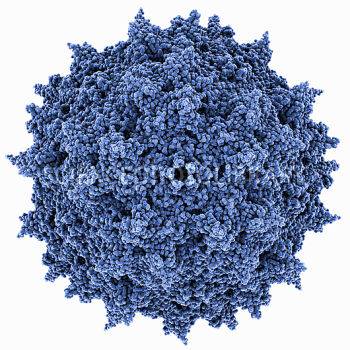Viral vector tools
Recombinant viral vectors have become an essential research tool in neuroscience, since they allow for highly efficient and specific transduction of candidate genes of interest to target neurons and glia cells.

Recombinant adeno-associated viruses (rAAVs)
Recombinant adeno-associated virus (rAAV) vectors facilitate the robust and long-term expression of transgenes following the gene delivery, with a very mild immunogenicity. Specific serotypes of rAAVs are defined by their tropism toward the different types of cells they can infect, making rAAVs an excellent system for preferentially transducing specific cell types. The EVCF produces all of the rAAV serotypes that are commonly used in scientific research.

Recombinant lentiviruses (rLVs)
Lentiviruses (rLVs) are another type of versatile neuroscience tool, due to their ability to target both dividing and non-dividing cells. These rLVs enable long-term and stable gene expression due to their permanent integration into the host genome.

